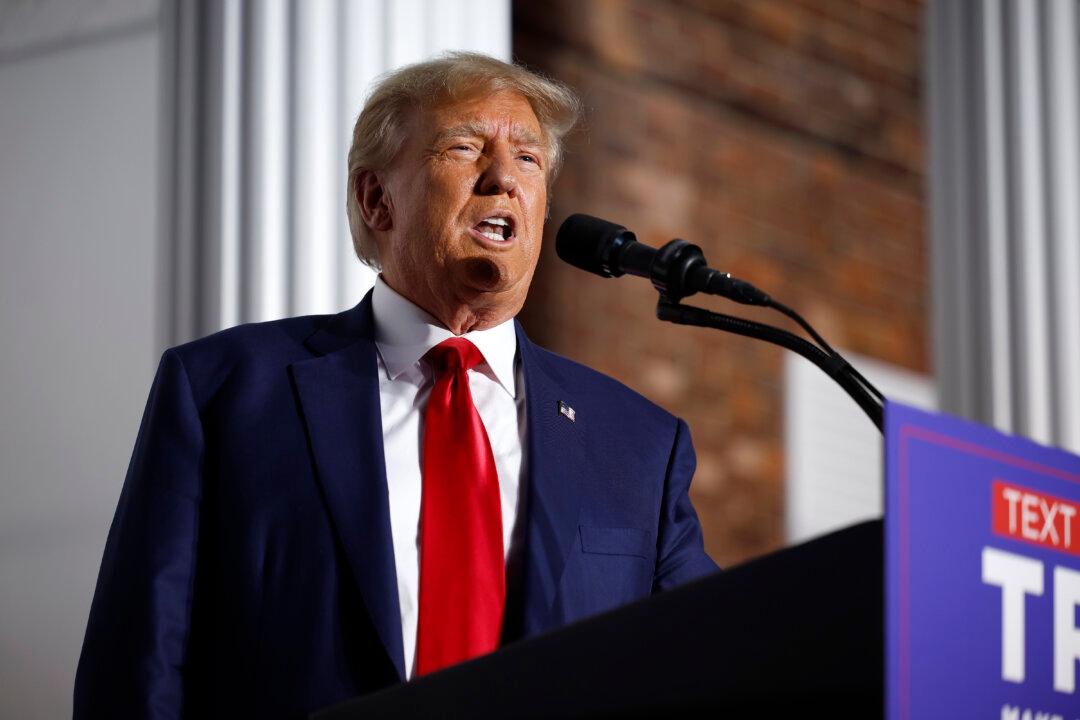Former president Donald Trump said his administration was not “owned” by communist China, unlike many of its predecessors.
“They owned us. Until I came along, they just owned every president, including the presidents I like,” Trump said about China in an interview with Fox News’s Brett Baier aired on June 19.




